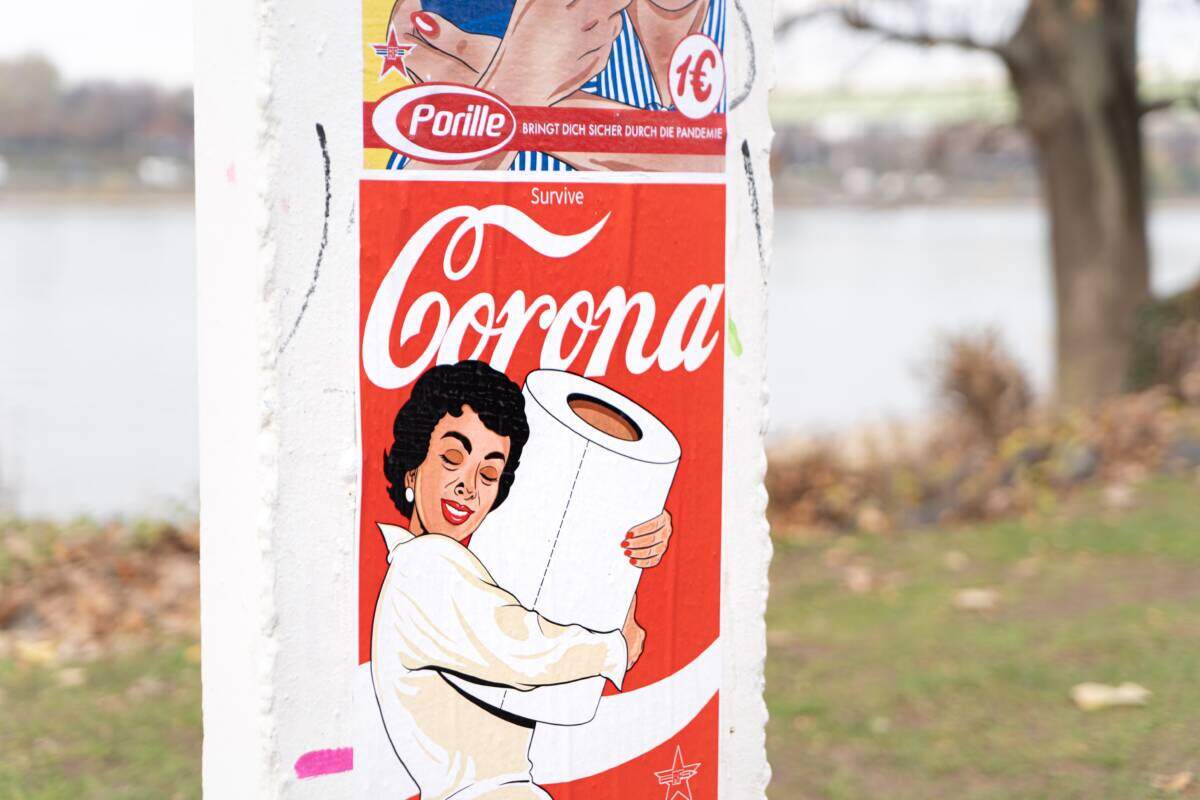I’ve seen a few people – particularly those who live near state capitol buildings – uncertain what preparations they should make. Here’s some of my tips:
- Don’t go buy a bunch of stuff you’d never use otherwise.
- Have some cash on hand.
- Think of it as disaster preparedness, and crib off hurricane preparedness guides like this one.
- Water is more important than food. Have a couple of gallons of water on hand if you can.
- Refill any meds you can.
- If you’re worried that you’re in/near a conflict area, get a backpack/carryon bag with a full change or two of clothes (prioritize warmth, durability, underwear and socks), and a full week of whatever meds you need packed into it.
- Add bandannas to that bag – they’re exceptionally multipurpose.
- Digitize any vital information, and have a portable hard drive with it on you. Also back it up offsite (either with a friend or a commercial service).
- Ensure that your fuel level in your vehicle is above 50%.
- Not only power banks for portable devices, but get power banks for CPAPs if you use them.
- Plan routes in and out of areas now.
- Make an informal plan on where to crash (at a friend’s, for example) if the need arises.
- Know if you have electric or gas heat. Make a plan for ensuring you and yours stay warm if your power fails.
Again, don’t go buying a bunch of crap you’ll never use, particularly if you have no training in it. That means don’t buy a weapon if you’re not already trained. Don’t get a tent if you’ve never camped. And so on. That way, if (hopefully) nothing happens, you’ve just got the disaster preparedness kit you should already have.
And if something does happen, you’ll know what you’re going to do, and where the stuff is to do it.
Featured Photo by Mika Baumeister on Unsplash
